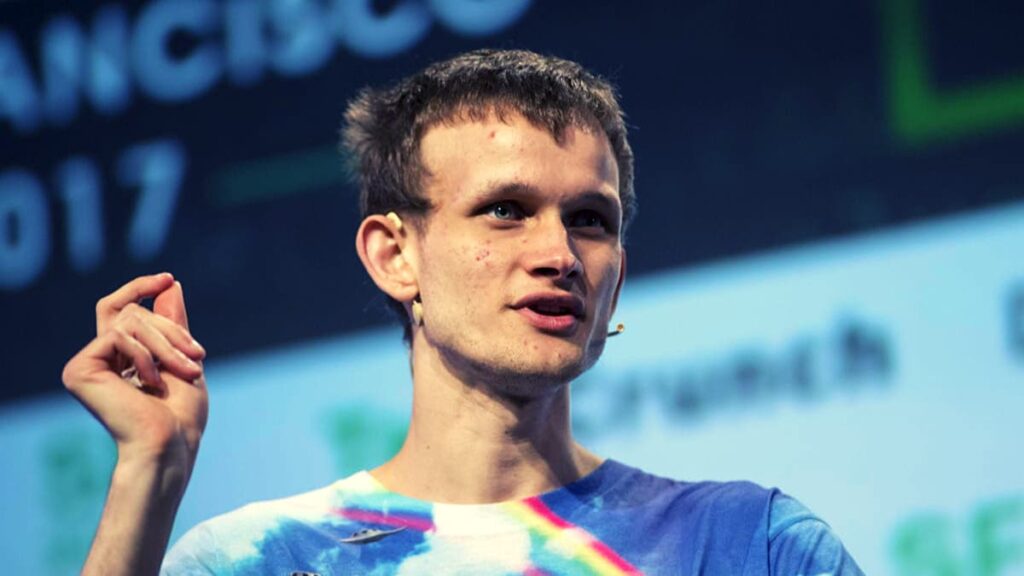The co-founder of Ethereum, Vitalik Buterin, proposed a significant increase in the gas limit of the network, a measure that could have broad implications for the capacity and costs of the platform. The gas limit on Ethereum represents the maximum amount of gas that can be consumed in an individual block, with gas being a unit that users pay to ensure the execution of their transactions on the network.
Buterin, during an “Ask Me Anything” session on Reddit with the participation of the Ethereum Foundation Research group, made the suggestion to increase the gas limit by 33%, from the current 30 million to 40 million gas units. This proposal aims to address an unchanging reality: the gas limit has had virtually no increase in almost three years, a historic fact in the evolution of the ETH protocol.
Why Should Ethereum’s Gas Limit Increase?
The essence of the proposal lies in improving the transactional capacity of the network and the potential reduction of fees for end-users. The gas limit determines the quantity and complexity of transactions that can be included in a block. An increase in this limit could result in a more efficient network, capable of handling a greater number of transactions simultaneously.
The Reddit event generated a positive response in the community, especially in a context where some layer 2 networks of Ethereum experienced record usage in December. Buterin’s proposal was endorsed on the X platform, formerly known as Twitter, where prominent figures like Jesse Pollak, head of protocols at Coinbase and creator of the layer-2 blockchain Base, expressed their support and even suggested a further increase to 45 million gas units.
However, as is common in technological debates, cautious opinions emerged. Dankrad Feist, the lead developer of ETH, pointed out that, in addition to the overall gas limit, the optimization of specific aspects such as CallData and Blobs per block should be considered. This caution emphasizes the inherent complexity of changes in a decentralized network, where the consideration of multiple factors is essential to ensure the stability and security of the ecosystem.
In terms of implementation, it is relevant to highlight that the proposed increase in the gas limit would not require a massive update or a “hard fork” of the central ETH code. Validators, who play a crucial role in the operation of the network, could implement the change by adjusting certain parameters in their node software.
Undoubtedly, Buterin’s proposal generated optimism in the community. It represents a possible solution to improve the network’s capacity and reduce costs for users. However, the need to balance efficiency with caution and consideration of specific aspects is one of the various factors to take into account before proceeding.











